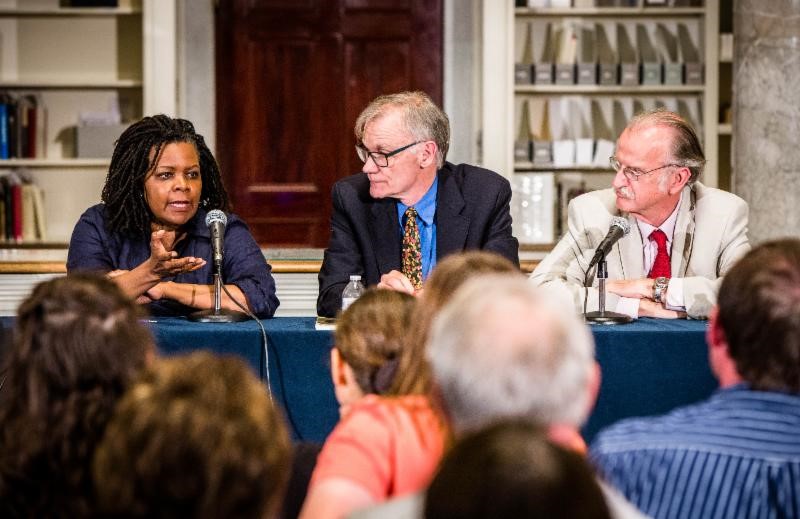David Blight spoke at the University of Virginia’s Miller Center on Friday, January 24, 2020. Blight discussed his book “Frederick Douglass: Prophet of Freedom” (Simon & Schuster, October 2018) and larger issues of race in America as part of UVA's 2020 Community MLK Celebration.
Read More




